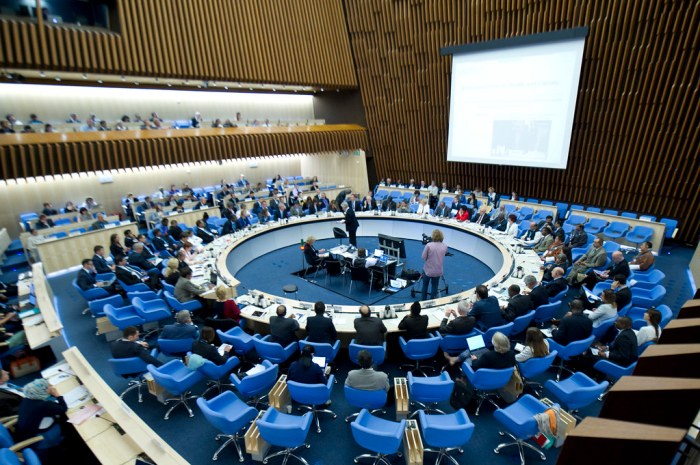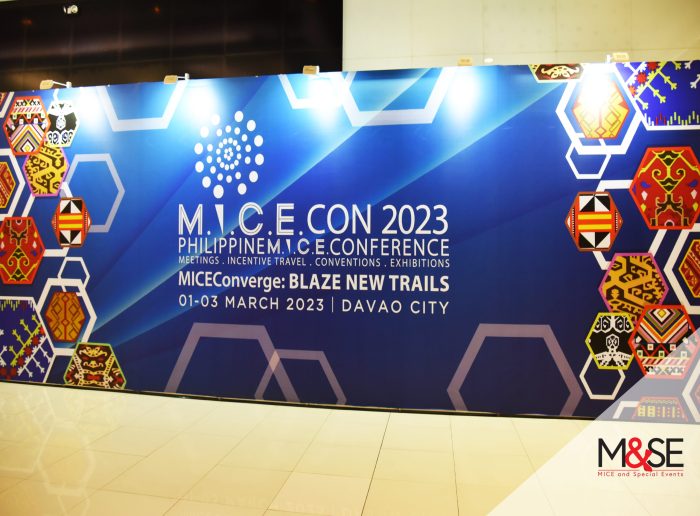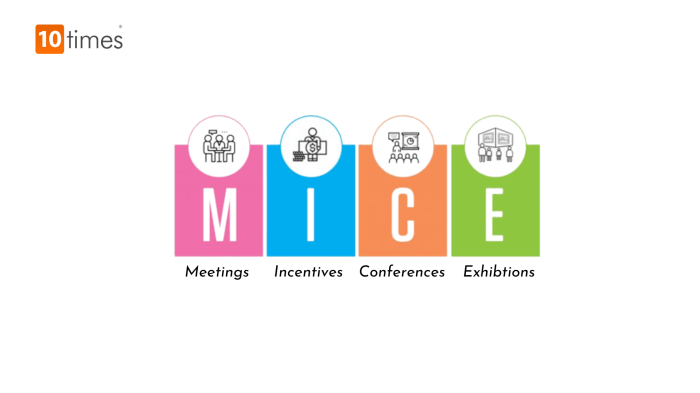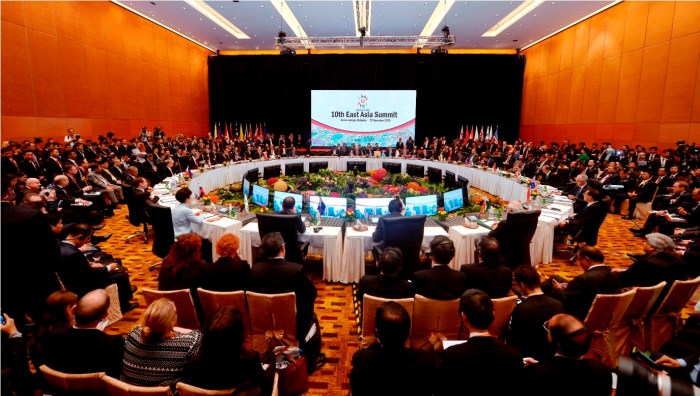Meetings expositions events and conventions – Meetings, expositions, events, and conventions (MEEC) play a pivotal role in driving economic growth, fostering innovation, and facilitating professional development. This comprehensive guide delves into the dynamic landscape of the MEEC industry, exploring key trends, best practices, and strategies for planning, marketing, and evaluating successful events.
From corporate gatherings and trade shows to international conferences and exhibitions, the MEEC industry encompasses a wide range of events that connect businesses, professionals, and consumers.
Industry Overview: Meetings Expositions Events And Conventions

The meetings, expositions, events, and conventions (MEEC) industry encompasses a wide range of events, including corporate meetings, trade shows, conferences, and conventions. It plays a significant role in the global economy, generating billions of dollars in revenue and supporting millions of jobs.
According to the Global Business Travel Association (GBTA), the global MEEC industry is expected to grow by 4.5% annually, reaching a value of $1.5 trillion by 2025. This growth is driven by factors such as globalization, technological advancements, and increasing demand for face-to-face interactions.
Sectors within the MEEC Industry
- Corporate Events: Meetings, conferences, and incentive trips organized by companies for internal communication, training, and team building.
- Trade Shows: Exhibitions where businesses showcase their products and services to potential customers and industry professionals.
- Conferences: Educational and networking events that bring together experts and attendees to share knowledge and insights on specific topics.
- Conventions: Large-scale gatherings that attract attendees from a specific industry or profession for networking, education, and business.
Key Trends and Innovations

The MEEC industry is constantly evolving, driven by emerging trends and innovations. Some key trends shaping the industry include:
Use of Technology, Meetings expositions events and conventions
- Virtual and hybrid events: Combining in-person and online experiences to expand reach and accessibility.
- Event management software: Streamlining event planning, registration, and attendee engagement.
- Mobile apps: Providing attendees with real-time information, networking opportunities, and personalized experiences.
Sustainability Practices
- Reducing carbon footprint: Using sustainable venues, materials, and transportation options.
- Waste management: Implementing recycling and composting programs to minimize environmental impact.
- Social responsibility: Supporting local communities and charities through event initiatives.
Personalization
- Tailored experiences: Using data and technology to create personalized event experiences based on attendee preferences.
- On-demand content: Providing attendees with access to event content on their own schedules.
- Interactive engagement: Encouraging attendee participation through interactive sessions, Q&A platforms, and social media integration.
Quick FAQs
What is the scope of the MEEC industry?
The MEEC industry encompasses a wide range of events, including corporate meetings, trade shows, conferences, exhibitions, and conventions. These events facilitate business-to-business and business-to-consumer interactions, product launches, educational programs, and networking opportunities.
What are the key trends shaping the MEEC industry?
Emerging trends in the MEEC industry include the use of technology for event planning and management, the adoption of sustainability practices, the focus on personalization and attendee engagement, and the increasing use of data and analytics to measure event success.
What are the best practices for planning and managing a successful MEEC event?
Key steps in planning and managing a successful MEEC event include venue selection, budget allocation, speaker management, logistics coordination, risk assessment, crisis management, and contingency planning.

